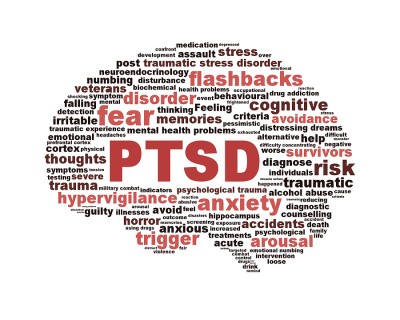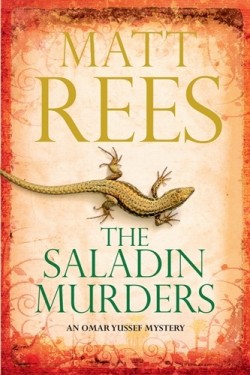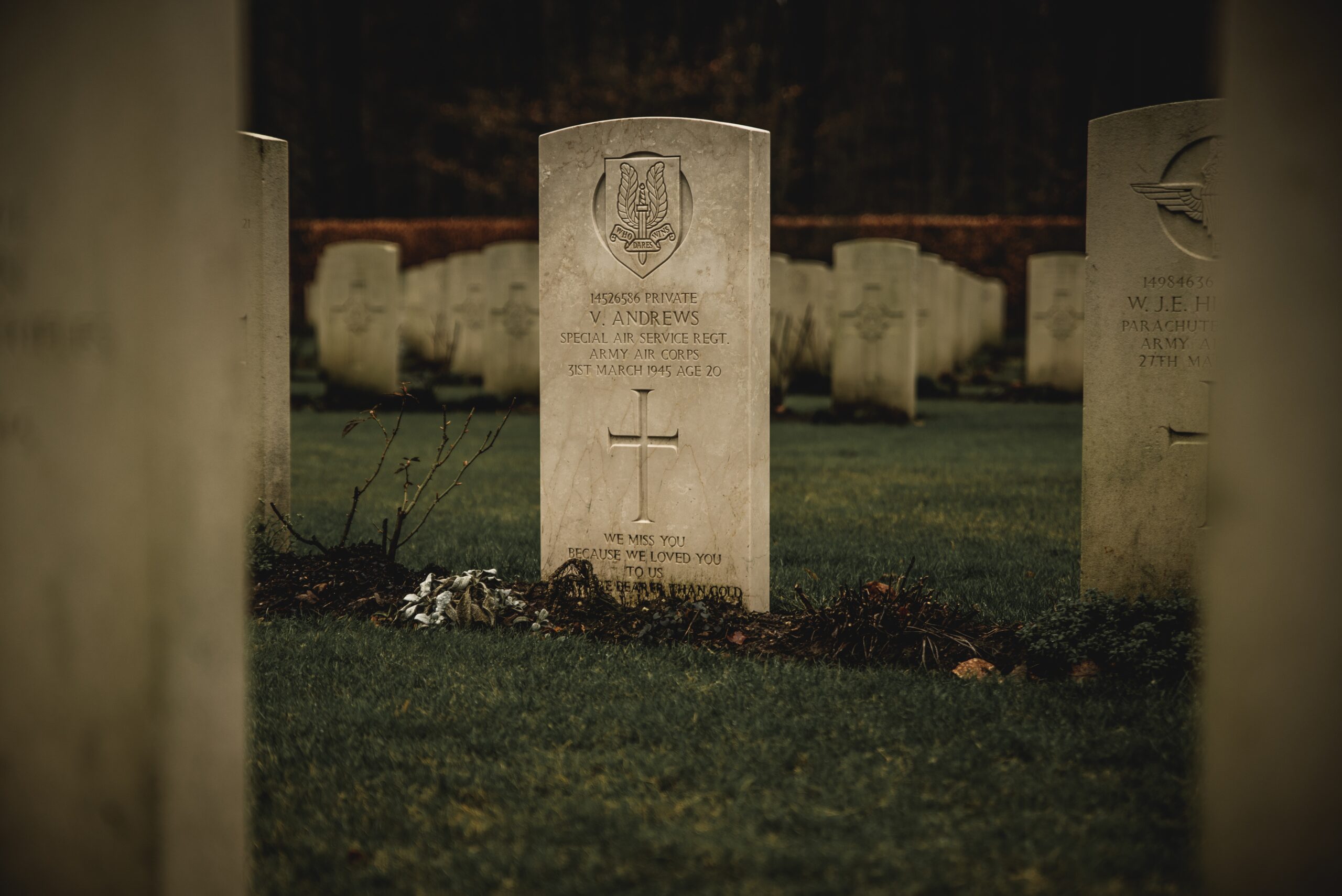Memories turn into nightmares, until writing makes them something to be proud of

While working on my second Palestinian crime novel, A Grave in Gaza, I sometimes wept as I wrote. I used to think that meant I was a damned good writer. Far be it from me to dispute that self-assessment, but now I know it was my trauma, collected over a decade of monthly visits to Gaza, seeping onto the page. It was a kind of trauma writing therapy, but I wasn’t the only beneficiary.
I hope the connection between trauma and writing made the book a better novel (In the UK incidentally it was published as The Saladin Murders). I know it saved me from the creeping depression and sudden fear that sometimes gripped me when my mind would return obsessively to memories of burned bodies, scattered body parts, angry people who wanted to hurt me, the sound of bullets nearby from an unseen gun. Most importantly it helped me understand what kind of man I really was because I could reconnect with the emotions and understand them.
Trauma in writing is a kind of therapy for the writer. For the reader, trauma in writing is pure drama and an emotional connection with the characters.
It’s one of the most important writing lessons I’ve picked up. Each of my novels taught me something about myself. Each also healed something in me. Not because I wrote specifically about the trauma or neurosis that I suffered, in the manner of nonfiction. Rather I connected to the emotion I experienced during a traumatic event, and in writing about it made it positive. The trauma became part of a creative act, and that’s always a deeply fulfilling experience. In very bald terms, the trauma went from being something I didn’t want to think about to being something I was glad to have lived through because it gave me the material to write.
It wasn’t only that I described how I had felt when I was threatened. More significantly I was freed of the trauma by exposing, in my writing, how animalistic and violent I had felt in responding to the threat, as though the shame of my atavistic reaction was greater than the fear. For example, when I was stoned by a gang of youths at a West Bank refugee camp, I didn’t think about the circumstances that led them to treat me that way; I wasn’t rational. I wanted only to survive. In an echo of Heart of Darkness (“Eliminate them all”), I wrote the following reaction from my otherwise deeply peaceful sleuth Omar Yussef:
Omar Yussef didn’t move. “Give me your gun.” He pulled Khamis Zeydan close, by the lapel of his jacket. “I’ll kill them. I’ll kill them all.”
 Soon my family and I will be moving away from Jerusalem, where my wife and I have lived for a very long time and where the kids were born. Sometimes I wondered what kept me here. I could live anywhere. I could’ve gone to Tuscany. I no longer need the journalist’s daily proximity to the conflict as I did when I was Time bureau chief during the intifada. I’ve realized that in some ways news blots out real life and the emotions that go along with it, burying it under information overload. News makes Israelis and Palestinians seem like incomprehensible, bloodthirsty lunatics, ripping each other apart without cease. Living among them makes it clear that it’s the news that’s unreal, fashioned to quicken the pulse and shoot you up with adrenaline. By staying here, living a happy life among normal Palestinians and Israelis–and writing about them, most of all–I’ve beaten the bad dreams and the sudden rages. They exist only in a decade of dog-eared notebooks in the storage room down in the garage.
Soon my family and I will be moving away from Jerusalem, where my wife and I have lived for a very long time and where the kids were born. Sometimes I wondered what kept me here. I could live anywhere. I could’ve gone to Tuscany. I no longer need the journalist’s daily proximity to the conflict as I did when I was Time bureau chief during the intifada. I’ve realized that in some ways news blots out real life and the emotions that go along with it, burying it under information overload. News makes Israelis and Palestinians seem like incomprehensible, bloodthirsty lunatics, ripping each other apart without cease. Living among them makes it clear that it’s the news that’s unreal, fashioned to quicken the pulse and shoot you up with adrenaline. By staying here, living a happy life among normal Palestinians and Israelis–and writing about them, most of all–I’ve beaten the bad dreams and the sudden rages. They exist only in a decade of dog-eared notebooks in the storage room down in the garage.
I want to give my readers the true emotional experience of being among people who live in extreme situations with all the attendant traumas–and pleasures. For entertainment, because these are novels, not non-fiction tomes to be crammed down like cod-liver oil because they’re good for you. But also because if there’s a point to knowing about the world beyond our borders, it’s to see into the minds of other men and thus to better understand ourselves.
Sometimes it might even save us from ourselves.

 Fiction is closer to the ‘truth’ than journalism
Fiction is closer to the ‘truth’ than journalism